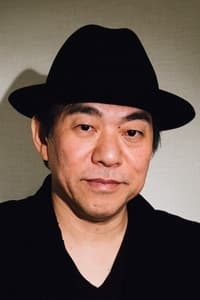We Don't Care About Music Anyway
Genres
MusicDocumentary
OverView
From radical turntablism (Otomo Yoshihide) to laptop music innovation (Numb), via classical instrument hijacking (Sakamoto Hiromichi), Tokyo's avant-garde music scene is internationally known for its boldness. While introducing some of the greatest musicians of this scene, "We Don't Care About Music Anyway..." offers a kaleidoscopic view of Tokyo, confronting music and noise, sound and image, reality and representation, documentary and fiction.
Others
Budget
$--
Revenue
$--
Status
Released
Original Language
English
Runtime
80 mins
Rating
6.3/10
Release Date
09 September 2009
Country
France


